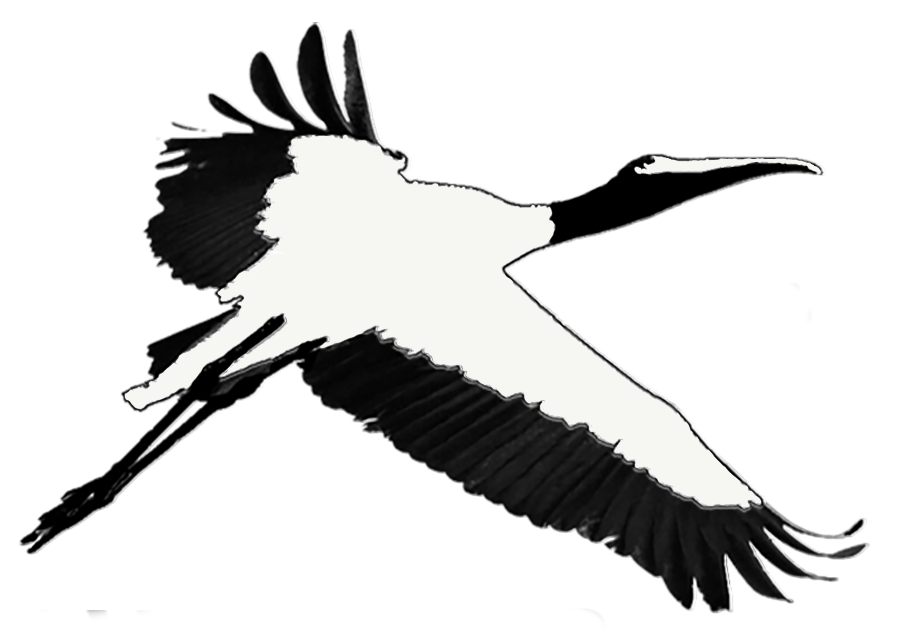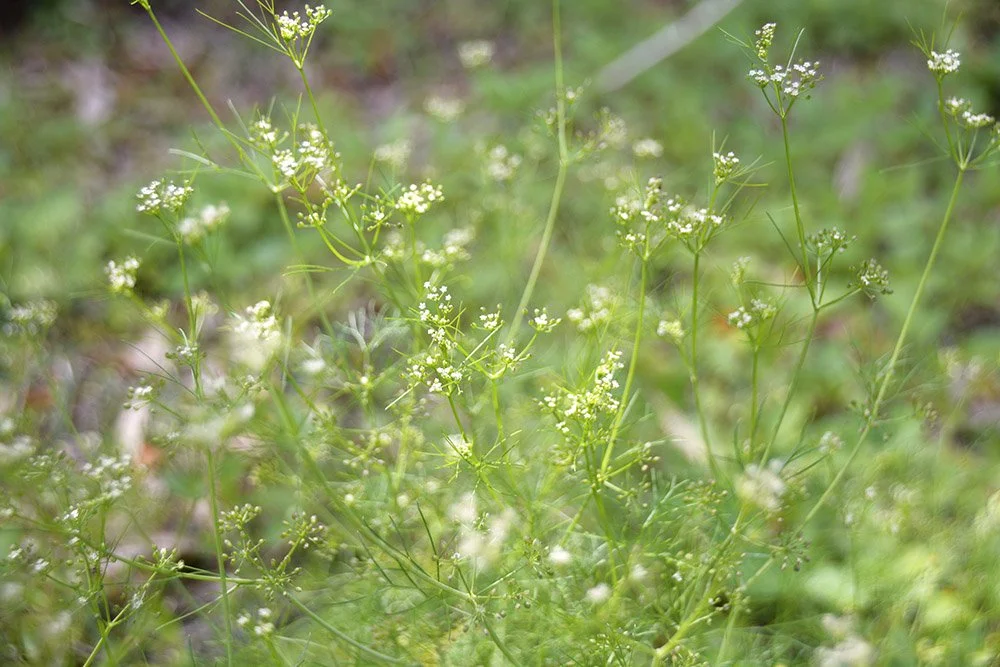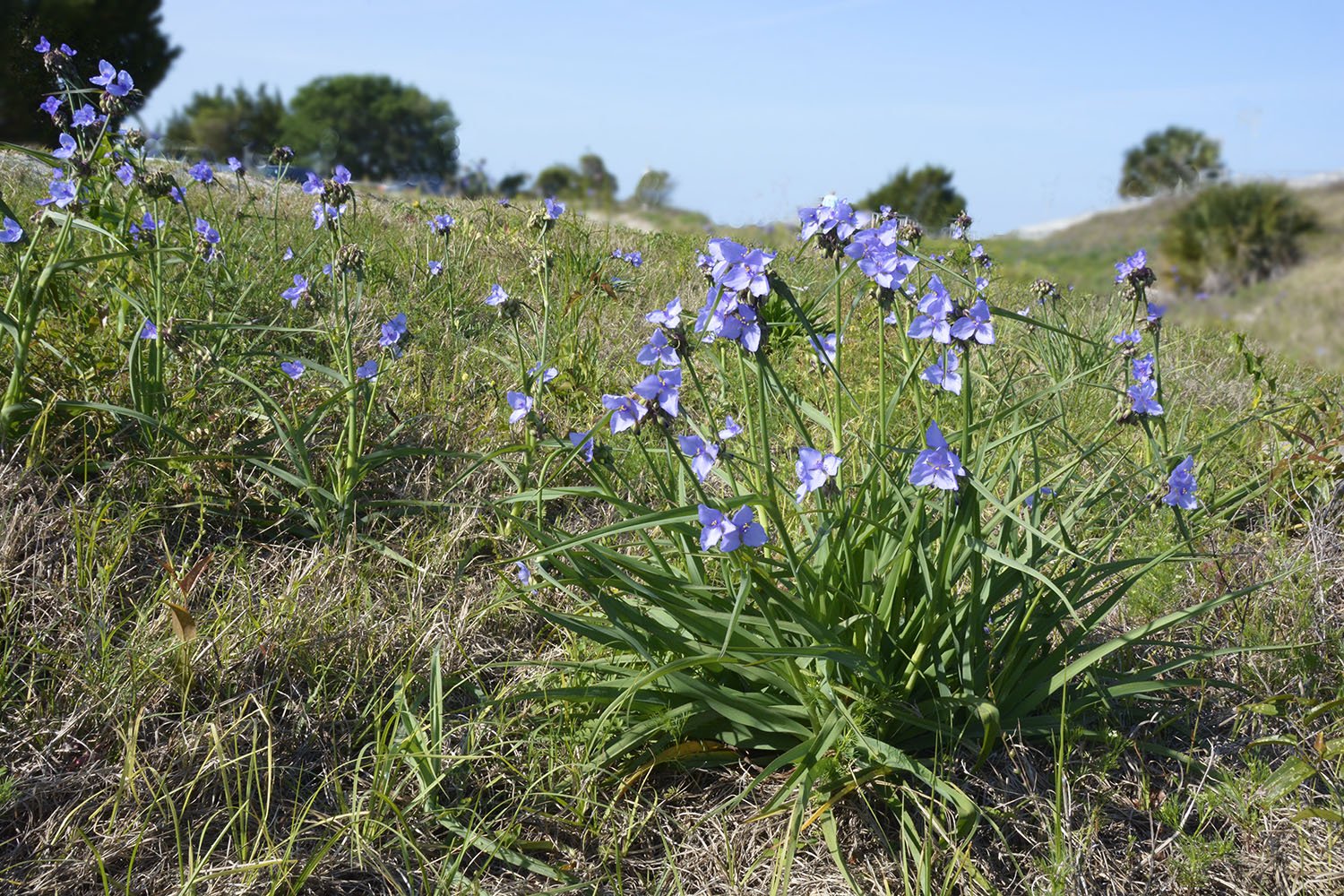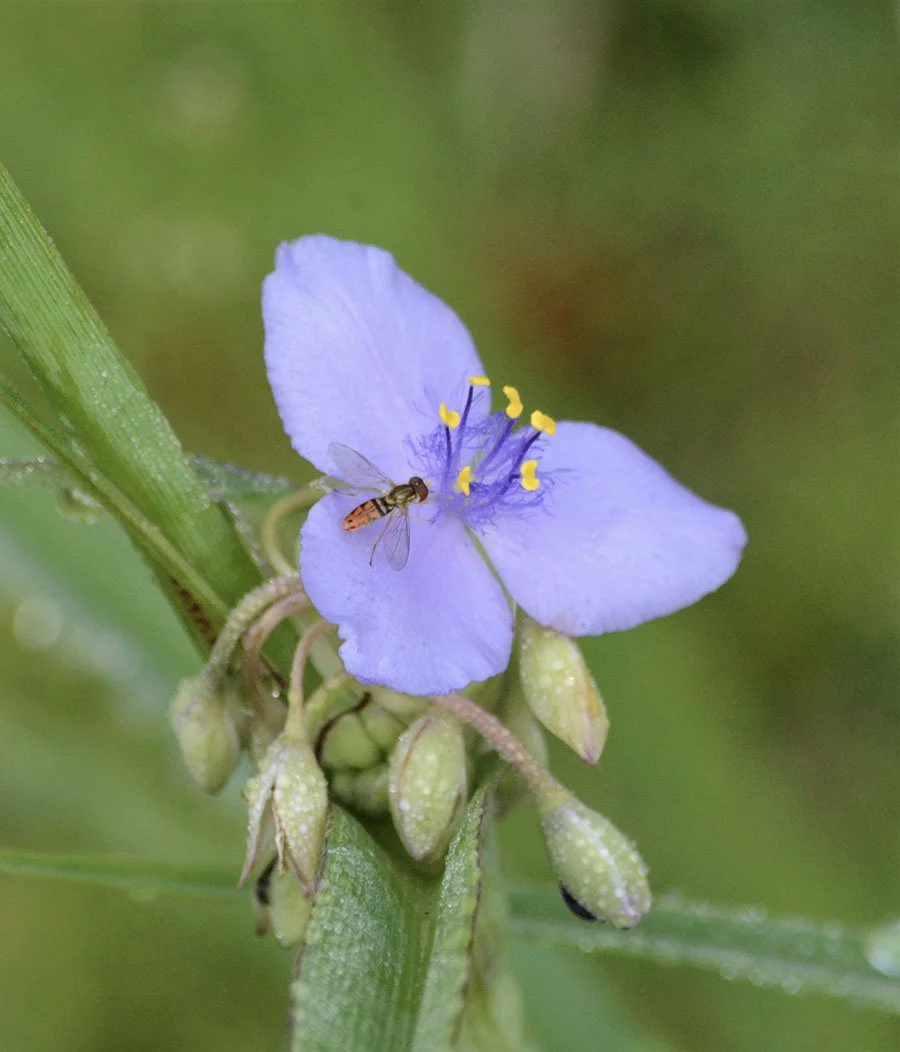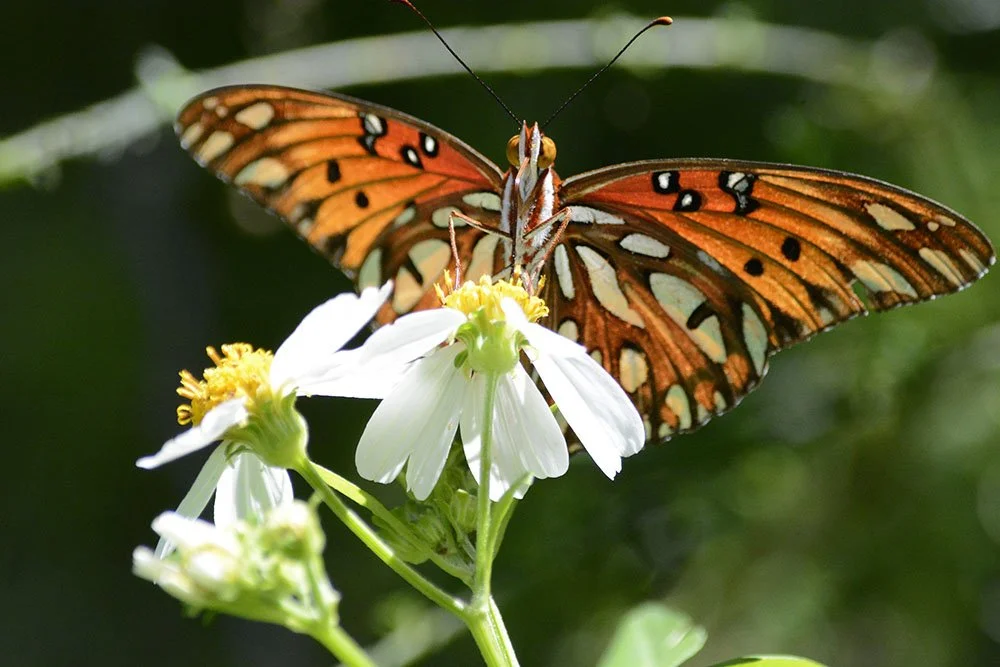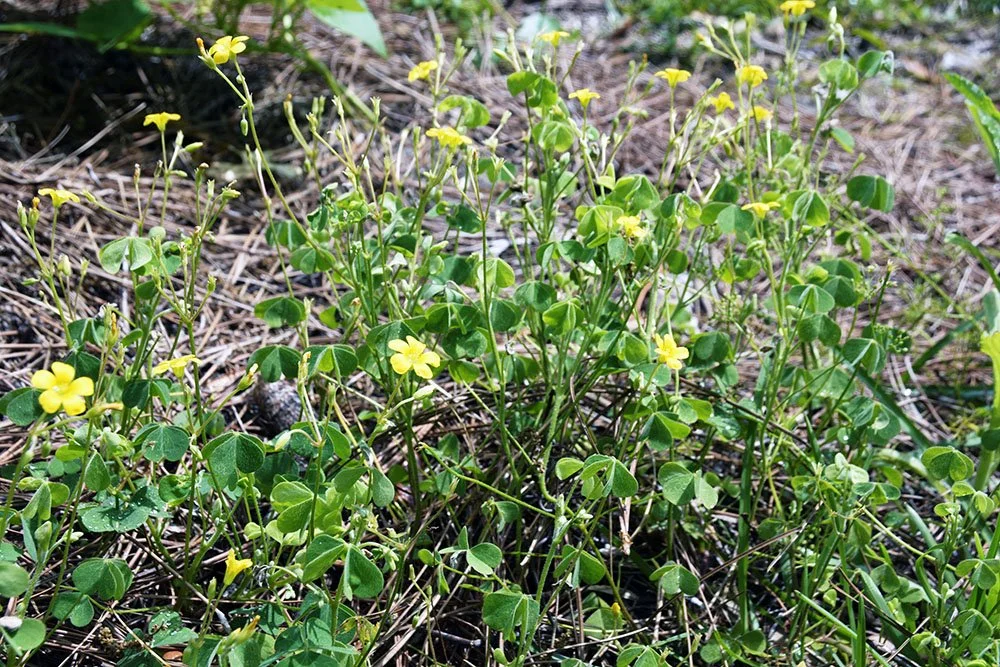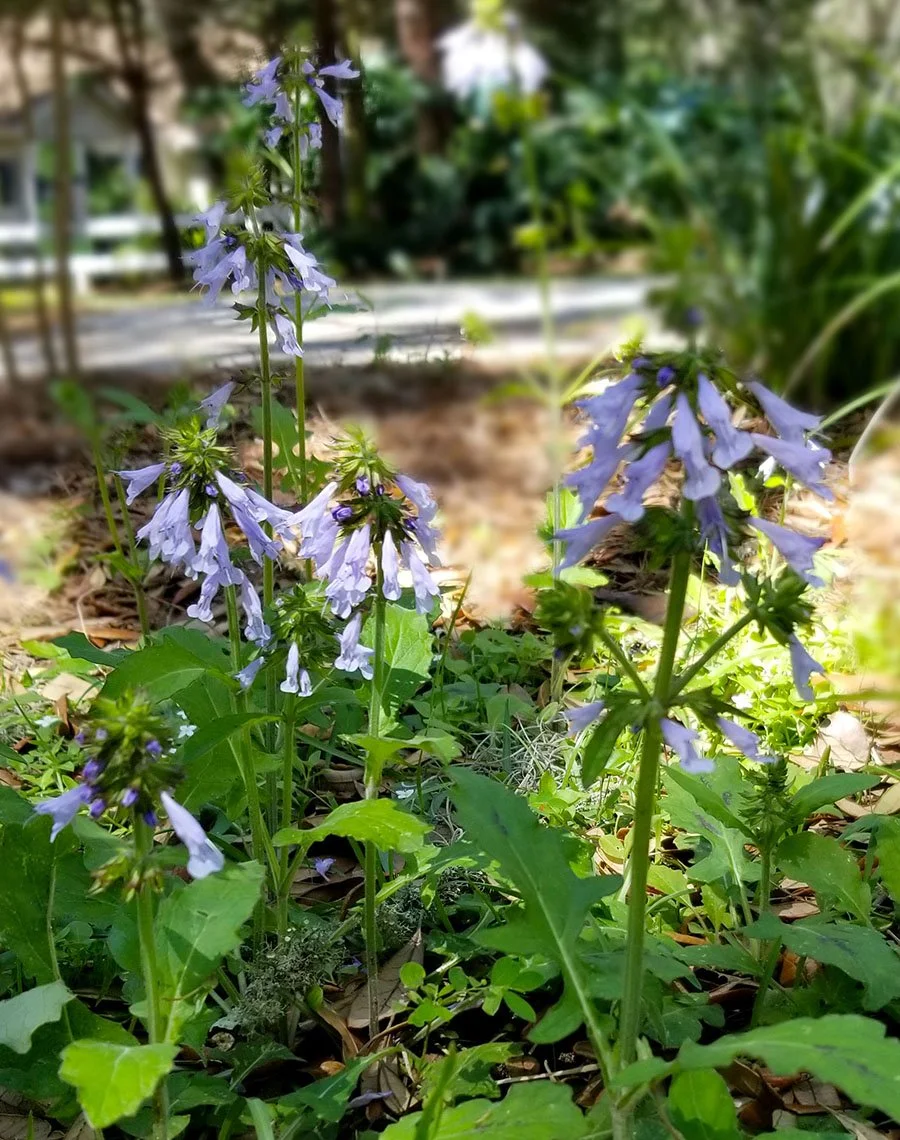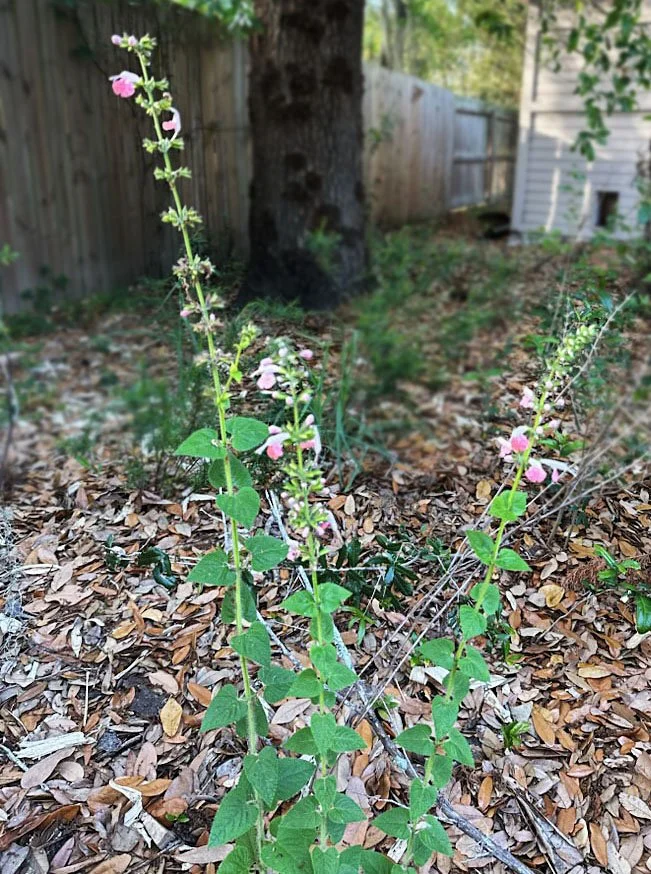Pollinators in Our Lawns
No Mow March
No Mow March & Low Mow Spring - Why it matters!
Let flowers bloom and pollinators Flourish.
One out of every three bites of our food are tied to invertebrates, small animals, and birds that pollinate plants. This relationship is beneficial for both sides: pollinators help plants reproduce while plants and the insects dependent on those plants provide food. Many of the same plants provide critical habitat elements. To maintain the abundance of bird life we love in Nassau County our built environment must leave spaces for nutrient production that birds need, and it starts with insects, other invertebrates and, for many of our butterflies, moths, and native bees, pollen and nectar. Manicured, monoculture lawns cannot provide the habitat needed because they lack floral resources and structure and are often treated with pesticides.
Reduced mowing of your lawns is one way you can help create critical habitat to increase abundance and diversity of pollinators and other wildlife. Newly emerging native bees and other pollinators at the start of the growing season makes spring a particularly important time to let flowers in your lawn bloom to provide nectar and pollen for feeding them and their offspring.
Did you know:
Reduced mowing has been shown in many studies to increase abundance and diversity of butterflies, bees, other insects, and plants. Don’t worry about controlling caterpillars for fear of damage to your ornamental flowers. The healthy pollinator and wildlife community you are encouraging will help with that! And make more flowers at the same time.
Reduced mowing decreases the presence of pest insects!
Want to do more?
Plant a variety of native plants that bloom at different times, eliminate pesticide use, and educate your friends and neighbors.
March & April flowers in our yards
Free flowers can be yours when you reduce mowing!
